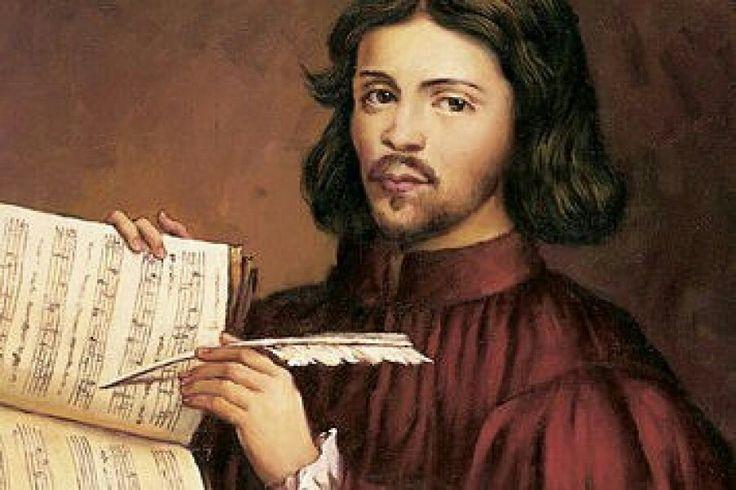Beyond the Notes : Temple Library’s Noontime Concert Series
presents
A Concert 420 Years in the Making
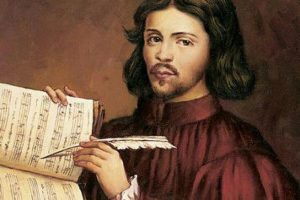
featuring
Edward Latham, Mitos Andaya Hart,
the
Temple Ten
In A Concert 420 Years in the Making, Edward Latham, professor of music theory, Mitos Andaya Hart, professor of choral activities, the Temple Ten, an elite group of Boyer College singers, and the Graduate Choral Literature Singers collaborate in a historic performance of English madrigals by Thomas Weelkes and corresponding Italian madrigals by Salamone Rossi, based on research by Temple physician Eric Altschuler. Conjectures of Weelkes’ familiarity with the madrigals of Salamone Rossi have been made a number of times based on Weelkes’ using the same texts and the musical similarity of these settings. Althschuler solidified this link statistically; therefore we now know for sure that Weelkes 1597 book of madrigals nos. 13 through 18, correspond to madrigals of Salamone Rossi set in 1589, no.s 7, 6, 2, 11, 15, and 19 both texts and musically, and that Weelkes had to have been familiar with the Rossi set. On Wednesday, October 12th, at noon in Temple University’s Paley Library, A Concert 420 Years in the Making will bring together these corresponding madrigals in a performance for the first time. To add to the historic importance of this event, none of the Weelkes’ madrigals on this program have previously been recorded.
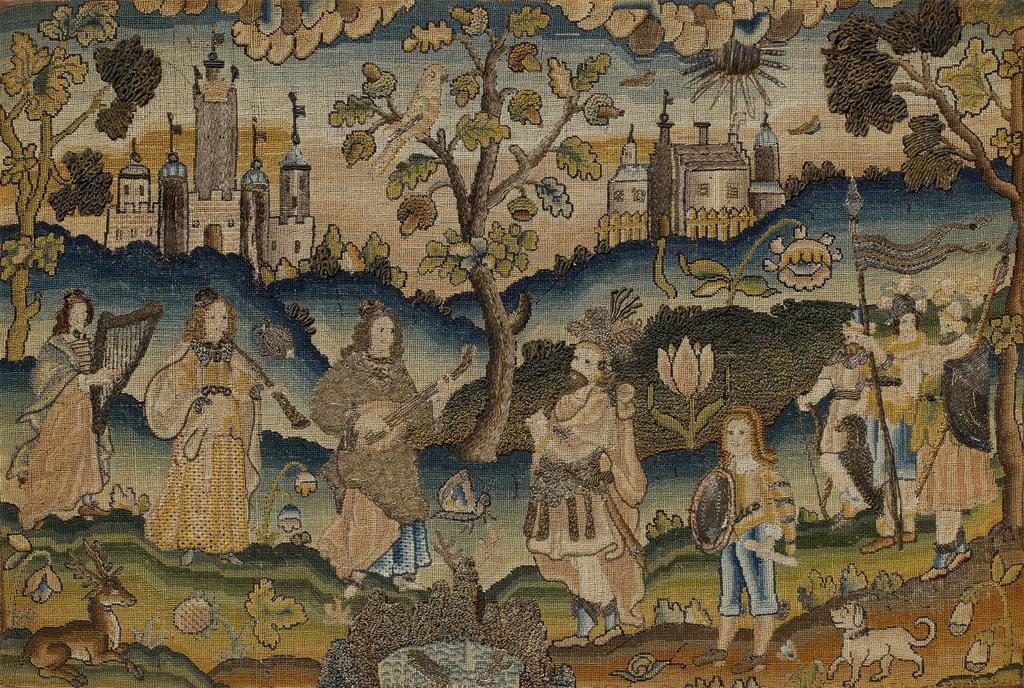
Madrigals
Madrigals, beautifully expressive secular vocal pieces originated in Italy and increased in popularity through the 16th and 17th centuries. Composed for 3 or more voices, each voice had its own unique florid melody that when sung all together combine to create beautiful music. (Music with several melodies occurring at the same time is called polyphony.) The expressive and complex melodies found in madrigals necessitate a considerable amount of skill and artistry to compose and to perform. The popular Italian madrigal spread north, and flourished particularly in England after the 1588 publication of Musica Transalpina, a collection of Italian madrigals translated into English. So popular was the madrigal, and so many madrigals were composed by English composers that an “English Madrigal School” developed with its own unique musical characteristics. At the end of the 16th century, the English Madrigal School reached its height with Thomas Morley, John Wilbye, and Thomas Weelkes considered to be the best English madrigalists.
Thomas Weelkes
Thomas Weelkes (1570-1623), arguably the finest English madrigalist, wrote sacred and instrumental music in addition to madrigals. His served as organist at Winchester College and as organist and informator choristarum at the Chichester Cathedral. He presumably suffered from alcoholism and records indicate that he was noted for neglecting his duties and behaving in a disruptive unseemly manner during worship services. In spite of all this, Weelkes was a prolific composer. In his first publication (1587) of Cantus prim[us]. Madrigals to 3.4.5. & 6. voyces, numbers 13 through 18, all for 5 voices, correspond to canzonettes published in 1589 by Italian composer Salamone Rossi.
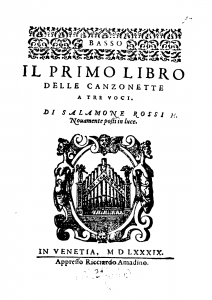
Salamone Rossi
Salamone Rossi (1570? – 1630), a contemporary and colleague of Claudio Monteverdi, served as violist at the court of Vincenzo Gonzaga in Mantua. Duke Vincenzo thought so highly of Rossi that a royal decree was issued absolving Rossi from having to wear the yellow patch required of all Jews in Mantua at that time. Rossi is most known for writing Jewish liturgical music, particularly the Hashirim asher lish’lomo (‘The Songs of Solomon’), a collection of 33 polyphonic settings of Hebrew psalms, hymns and songs. In addition, Rossi was an important composer of instrumental music, and morphed the instrumental canzona into what we now call the trio sonata. He was known for using vocal compositional techniques for instrumental music. Rossi’s first publication, Primo libro delle canzonette a tre voci (Venice, 1589), directly influenced Thomas Weelkes’ 5 voice madrigals of 1597.


Internationally renowned Dr. Mitos Andaya Hart, Associate Professor of Choral Music and Choral Activities, has performed in South Africa, Kenya, Australia, the Netherlands, Sweden, the United Kingdom, Italy, Portugal, Spain, and throughout the United States. At Temple University, Dr. Hart currently teaches undergraduate conducting, graduate choral literature, assists with graduate conducting, and directs the Temple University Singers.
Andaya Hart has Renaissance and other editions published with Alliance Music Publications, and jazz compositions and arrangements with UNC Jazz Press and Hal Leonard. She is active in the American Choral Directors Association and International Federation of Choral Music, and currently serves as President-Elect of the National Collegiate Choral Organization (NCCO).
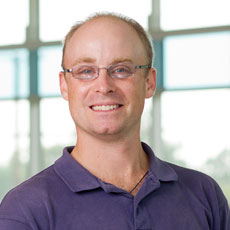
Dr. Edward Latham was the recipient of Temple University’s 2008 Lindback Award and the 2007 Teaching Academy Award for excellence in teaching. His research focuses on the interdisciplinary analysis of texted or danced musical works and his publications (in Music Theory Online, Indiana Theory Review, Theory and Practice, Gamut, Dance Chronicle, and Ex Tempore) include articles and chapters on the music of Bach, Debussy, Gershwin, Korngold, and Schoenberg, an article on the analysis of multimedia works, and reviews of the work of Ethan Haimo, Stephanie Jordan, Philip Rupprecht and Arnold Whittall. His recent regional, national and international conference papers have also addressed the intersection of musical and dramatic or choreographic structure in works by Bach, Mozart, and Weill. His book on twentieth-century American opera, Tonality as Drama, was published in 2008 by the University of North Texas Press.

Dr. Eric Altschuler is an Associate Professor of Physical Medicine and Rehabilitation at the Lewis Katz School of Medicine at Temple University. In addition to his extensive publications in the field of medicine, Dr. Altschuler also writes about Johann Sebastian Bach and the English composer Thomas Weelkes. Dr. Altschuler’s articles on Weelkes include:
Altschuler, Eric Lewin, and Jansen William. “Shakespeariana in a Thomas Weelkes Dedication from 1600.” The Musical Times146.1892 (2005): 83-91.
Altschuler, Eric Lewin, and Jansen William. “Thomas Weelkes and Salamone Rossi: Some Interconnections.” The Musical Times145.1888 (2004): 87-94.
Altschuler, Eric Lewin, and Jansen William. “Thomas Weelkes’s Text Authors: Men of Letters.” The Musical Times 143.1879 (2002): 17-24. Web.
Find out more!
Scores of Weelkes’ 1597 Madrigals
Weelkes, Thomas, 1575 (ca.)-1623. Cantus prim[us]. Madrigals to 3.4.5. & 6. voyces. Made & newly published by Thomas Weelkes. At London : Printed by Thomas Este, 1597.
Your Beauty It Allureth.
If thy deceitful looks.
Those sweet delightful lilies.
Lady your spotless feature.
Make haste ye lovers.
What haste, fair lady.
Thomas Weelkes
Brown, David. Thomas Weelkes: a biographical and critical study. New York: F.A. Praeger, 1969. Paley Stacks ML410.W36B8
Brown, David. “Weelkes, Thomas (bap. 1576?, d.1623).” David Brown. Oxford Dictionary of National Biography. Online ed. Ed. David Cannadine. Oxford: OUP, 2004.
“Weelkes, Thomas (C. 1575, Elsted?, Sussex – 30 Nov. 1623, London).” The Harvard Biographical Dictionary of Music, edited by Don Michael Randel, Harvard University Press, 2003. Credo Reference.
Salamone Rossi
. “Rossi, Salamone.” Grove Music Online. Oxford Music Online. Oxford University Press.Web.
Newman, Joel and Fritz Rikko. A Thematic Index to the Works of Salamon Rossi. Hackensack, NJ: J. Boonin, 1972. Paley Stacks ML134.R685N5 Library Use Only
Harrán, Don. Salamone Rossi: Jewish Musician in Late Renaissance Mantua. Oxford, 1999. Paley Stacks ML410.R78 H37 1999
The Madrigals
Cohen, Judith. ‘Thomas Weelkes’s Borrowings from Salamone Rossi’, Music and Letters, lxvi (1985), 110–17.
Einstein, Alfred. ‘Salamone Rossi as Composer of Madrigals’, Hebrew Union College Annual, xxiii/2 (1950–51),383–96.
Fellowes, Edmund H. The English Madrigal Composers. Oxford, 1948. Paley Stacks ML2631.F46 1948.
Fellowes, Edmund H. English Madrigal Verse, 1588–1632. Oxford, 1968. Paley Stacks PR1195.M2F4 1968.
Kerman, Joseph. The Elizabethan Madrigal. New York: American Musicological Soc, 1962. Paley Stacks ML2631K47
Roche, Jerome. The Madrigal. Oxford, 1990. Paley Stacks ML2600.R63 1990.
Many thanks to Temple University Libraries, Boyer College, and the Presidential Humanities and Arts Program for their support of Beyond the Notes.
